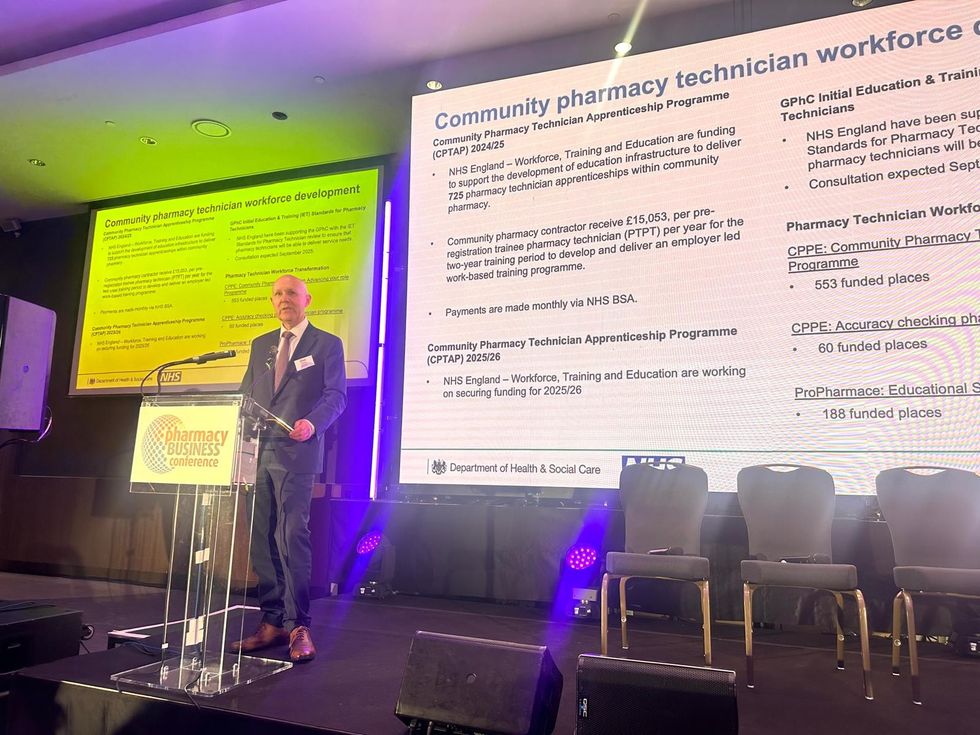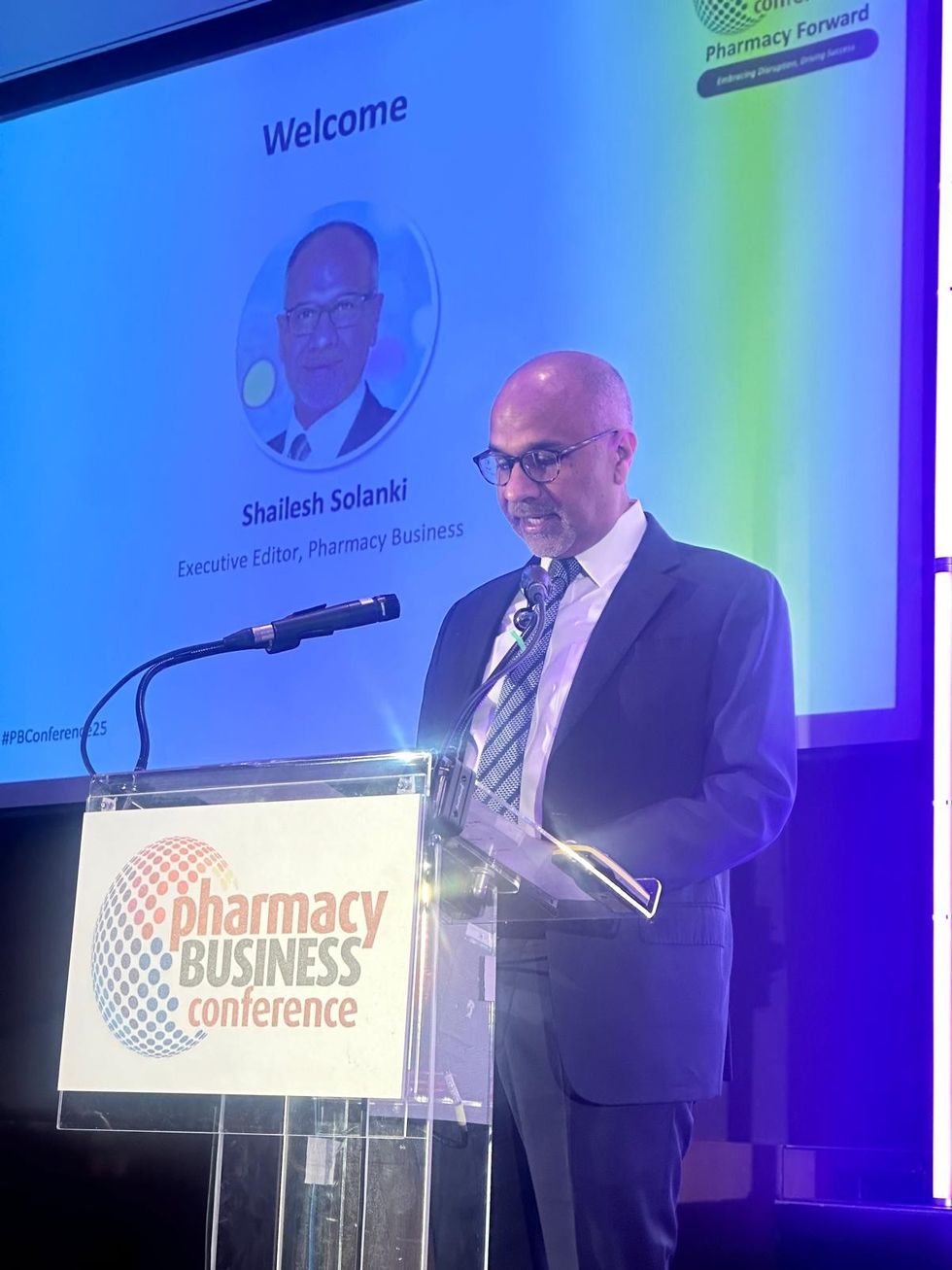The National Health Service released several papers for pharmacies setting out how they should prepare themselves for delivering the Covid 19 vaccine. In order for pharmacies to provide the vaccine they were to have submitted a form to the NHS by the 6 December.
Pharmacies have been waiting for some time to learn what their role would be in delivering the vaccine. If and when this was going to happen. In October, the Medicines and Healthcare products Regulatory Agency made some alterations to the law so that pharmacists would be able to deliver the vaccineswhen they became available to the public.
Following this the NHS England and Improvement (NHSE&I) announced that pharmacies would be part of the service that will be beginning before the year 2020 ends. It was then followed by a statement by the Pharmaceutical Services Negotiating Committee (PSNC) that stated that the pharmacies to deliver the vaccine would be only those pharmacies located in areas where a higher provision of the service was required. This would add to the delivery service, a bit like hedging your bets and downloading a FairGo casino login.
Documents were sent out by the NHSE&I listing all the arrangements needed to be made by those pharmacies interested in offering the service. Pharmacies were given just a week to submit their response and interest in offering the service.
Now that the vaccine has been approved for use in the UK, those pharmacies can now play their part.
Requirements for pharmacies offering the vaccine service
This is the list of requirements:
- Refrigeration for the storage of 1000 vaccines at a given time or plans to do so.
- Ability to deliver 1000 vaccines per week, within the vaccine’s shelf life and also other vaccines if and when they become available.
- Storage for (PPE) personal protective equipment and vaccine equipment and waste materials.
- Space, socially distanced, set aside for those receiving the vaccination who need to be observed for 15 minutes before driving home.
- Capability to carry out vaccinations while offering other pharmaceutical services.
- Ability to deliver the vaccine from 8 am – 8pm, 7 days a week. Also on bank holidays.
- If necessary, providing security staff.
The NHSE&I doesn’t see many pharmacies being able to meet these requirements. Delivering 1000 vaccinations per week is a huge task. Plus, they are anxious that pharmacies continue to do the important work of providing the flu vaccination as well as other important services.
However, the NHSE&I do say that “Pharmacies are well placed to reach out to our diverse communities and avoid inequalities in access. This means community pharmacy will have an important role in a potential Covid-19 vaccination programme. Running a potential Covid-19 vaccination programme requires ‘all hands to the pump’.
Local support
Local pharmacy professionals can help with the vaccine effort even though they may be unable to deliver on the above requirements. They are able to join local NHS vaccine teams and receive a salary. The paid jobs are likely to be for a period of three to six months.
Delivering Multi-dose vials
Pharmacies will receive the type of vaccine recommended by the NHS. However, according to NHSE&I these vaccines are likely to come in “multi-dose vials and will need drawing up”. Patients will likely need to receive two doses, 28 days apart and should be given at the same place and it is important to make contact with patients in order to book the second appointment. Patients should be informed that they should wait for a minimum of 7 days before receiving any other vaccines, for instance those against flu.
Pharmacy teams should be strict about monitoring expiry dates for the vaccine and also be aware of how much time vaccines remain outside of the fridge.
It is possible for vaccines to be given by unregistered healthcare professionals on the condition that they are being supervised by a registered healthcare professional. The patient’s vaccine history must then be recorded on the NHS’s National Immunisation Management Service.
Drive-in pharmacy vaccination service
There is a possibility of delivering vaccines outside the pharmacy because as it stands chosen sites do not have to be a registered pharmacy. So, these delivery places could be at a local doctor’s surgery. A possibility could also be to deliver the vaccine via “drive through services” if there are no other options available for people in that location.
E-learning programme
Training material has been published to help healthcare professionals to administer the vaccine. One of these is the e-learning programme which comes with an assessment. Others will follow as different Covid-19 vaccines become available.
Fee for two vaccine doses will be £25
Those pharmacies participating in the scheme will receive £12.58 for each vaccination. According to NHSE&I the arrangements that were initiated earlier in the year supporting pharmacies delivering the flu vaccine, will be “extended to support the Covid vaccination programme”.
Other materials, PPE and vaccines will be provided to pharmacies free of charge. However, there will be no additional funding given to cover working overtime.
At-risk patients
Pharmacies will be able to vaccinate their own staff. According to PSNC community pharmacy teams “would be among the second cohort in line to get vaccinated”, along with other healthcare workers. The NHSE&I says that community pharmacy will be fulfilling an “important role” in servicing at risk patients and healthcare workers.
Those pharmacies accepted onto the programme ,but wishing to withdraw, will need to give 42 days- notice in order that another provider can be found.
It is possible for two contractors to collaborate in providing the vaccine, also making sure that pharmaceutical services can be maintained in an area.
There will be a strict system for ordering the vaccine. This will ensure that all contractors have “fair access” to supplies available.
There are still many logistics still to be worked out and this includes the priority and system of patient cohorts.










![Potential Side Effects of Mounjaro [What You Need to Know]](https://www.pharmacy.biz/media-library/image.jpg?id=54516976&width=1245&height=700&quality=90&coordinates=0%2C29%2C0%2C29)



 Health Secretary Wes Streeting addresses Pharmacy Conference via video
Health Secretary Wes Streeting addresses Pharmacy Conference via video  David Webb, chief pharmaceutical officer of NHS England
David Webb, chief pharmaceutical officer of NHS England Shailesh Solanki, executive editor of Pharmacy Business
Shailesh Solanki, executive editor of Pharmacy Business L-R: Yasmin Karsan, Pritee Panchmatia and Fin McCaul
L-R: Yasmin Karsan, Pritee Panchmatia and Fin McCaul  L-R: Baba Akomolafe, Rachna Chhatralia, Patricia Tigenoah-Ojo and Raj Matharu
L-R: Baba Akomolafe, Rachna Chhatralia, Patricia Tigenoah-Ojo and Raj Matharu L- R: Nicola Stockmann, Robert Townsend, Atul Patel and Amerjit Singh
L- R: Nicola Stockmann, Robert Townsend, Atul Patel and Amerjit Singh Wole Ososami, lead pharmacist at Westbury Chemist
Wole Ososami, lead pharmacist at Westbury Chemist

